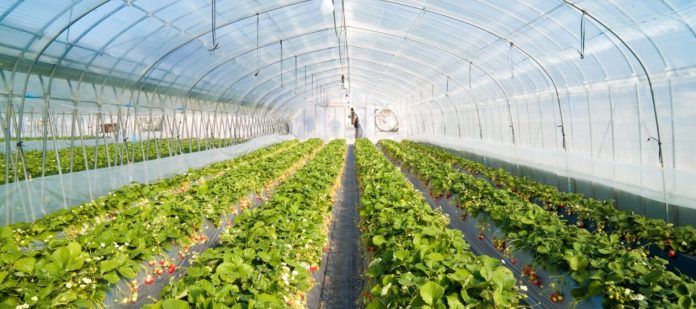In 2025, the Moroccan government is stepping up efforts to safeguard the country’s agricultural sector as it faces a series of climate-related challenges. Among the key initiatives is the distribution of 1.3 million quintals of certified autumn cereal seeds at subsidized prices. Additionally, nearly 200,000 tonnes of nitrogen fertilizers will be provided under similar financial support to help farmers lower their production costs.
The ongoing agricultural season is being strained by a severe drop in rainfall—well below the 30-year national average—intensifying difficulties for farmers. In response, authorities have rolled out a targeted program to bolster livestock production. This plan includes the supply of subsidized fodder for livestock owners, technical support to enhance the medium-term productivity of sheep and goats, animal health services, and solidarity-driven agricultural projects with a focus on livestock management. A special emphasis is placed on preserving breeding females to ensure the long-term recovery of the national herd.
Simultaneously, the government is accelerating its national direct-seeding initiative. For the 2024-2025 season, the program aims to cover 260,000 hectares, with a larger goal of reaching one million hectares by 2030. This technique is designed to increase soil resilience against climate shocks and optimize water use efficiency—a crucial move given Morocco’s increasingly volatile climate.
These measures are part of the broader “Generation Green 2020-2030” strategy, which seeks to fortify Morocco’s agricultural sector by enhancing both its sustainability and resilience in the face of mounting environmental and economic pressures. By reaffirming its commitment to farmers, the government underscores its determination to secure the nation’s food supply and protect one of its most vital industries.





